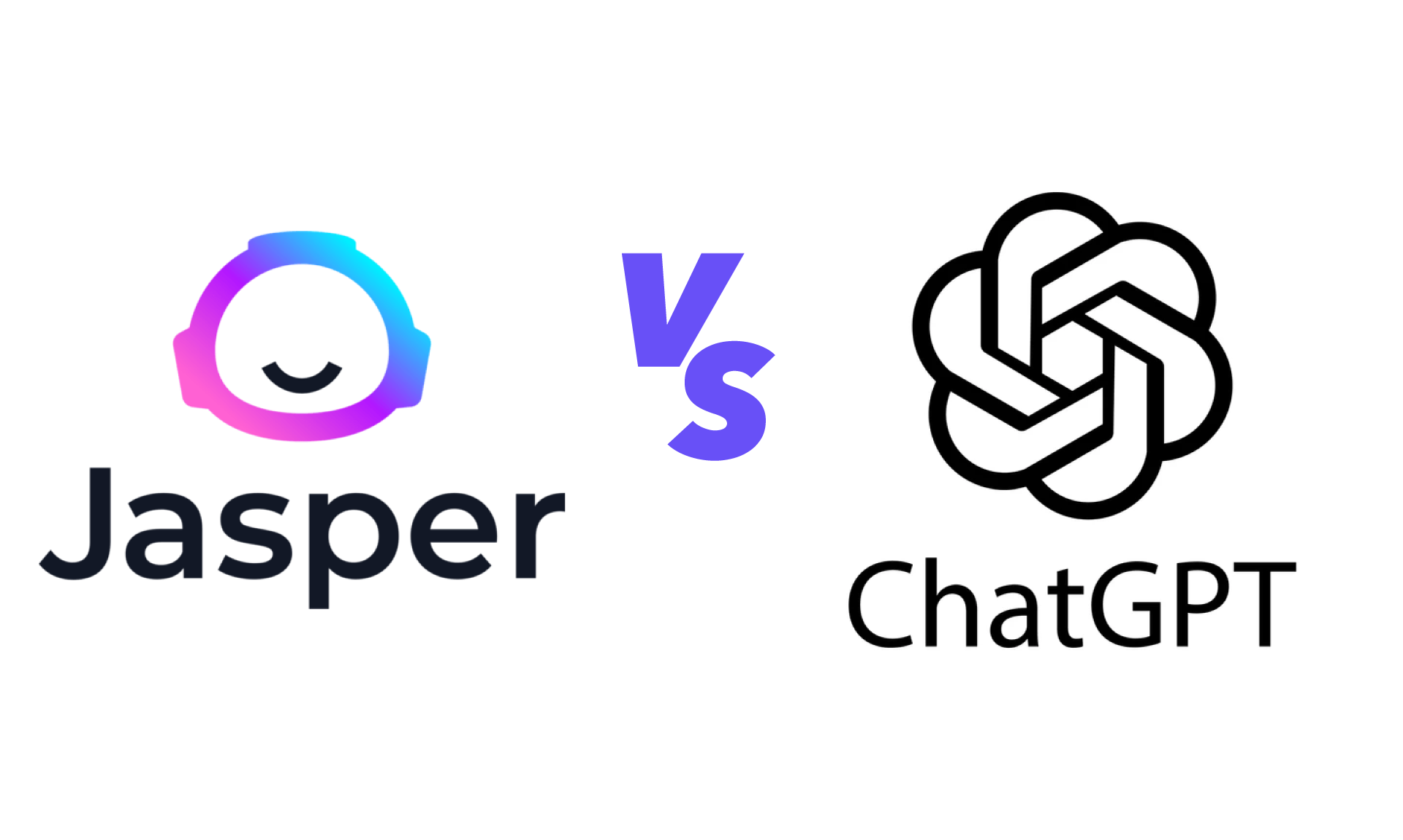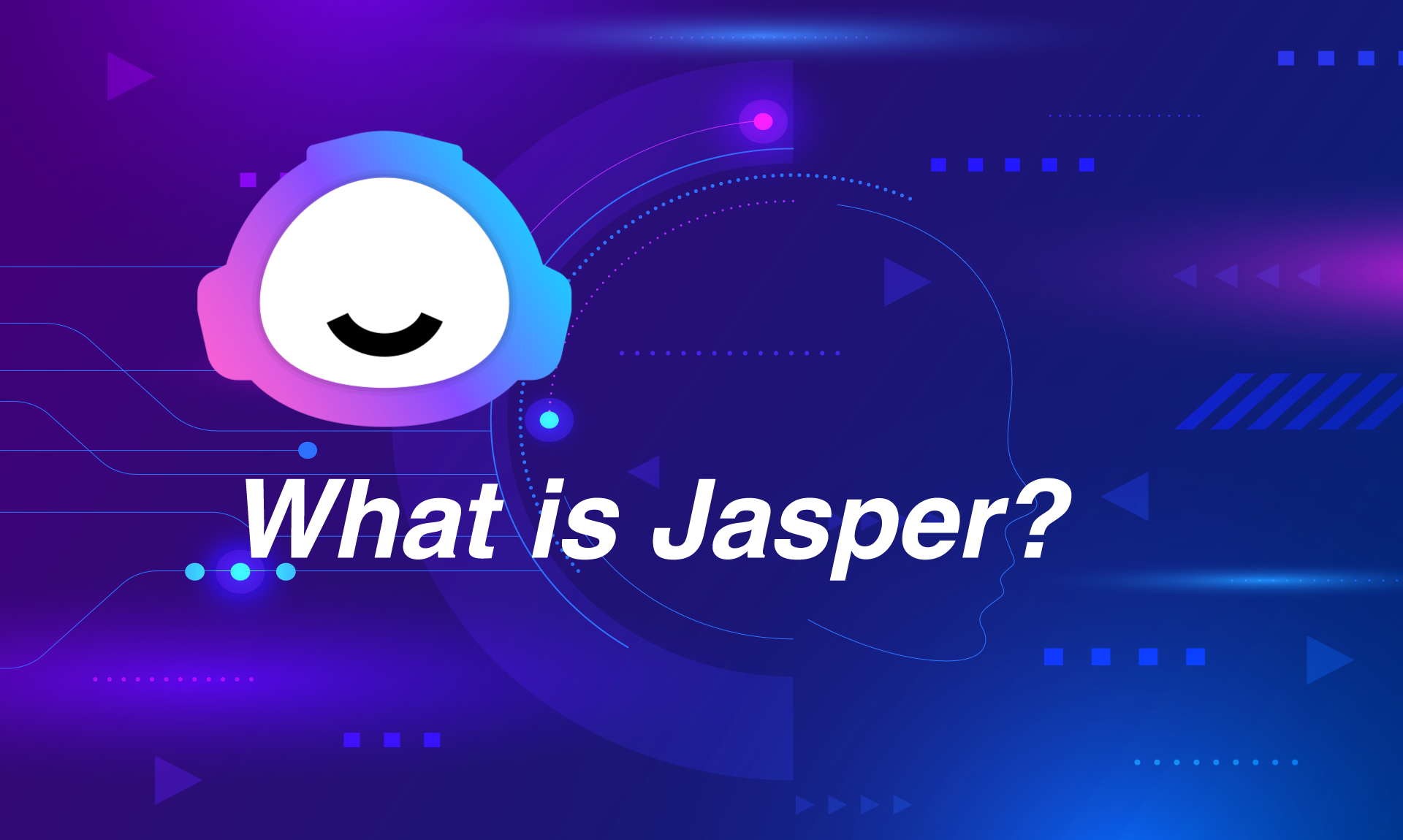How to Use ChatGPT for Writing in 2025 (Blog, Email, Copy & More)
Whether you’re a blogger, student, marketer, or business owner — writing content can take hours. But with the rise of ChatGPT, writing in 2025 has become faster, smarter, and easier than ever before.
In this guide, we’ll show you how to use ChatGPT for writing high-quality content for blogs, social media, emails, product pages, and more — while keeping your brand voice and SEO in check.
🧠 Why Use ChatGPT for Writing?
ChatGPT is an AI chatbot by OpenAI that understands and generates natural language. The latest version (GPT-4) is capable of:
-
Writing full-length articles
-
Editing and improving your drafts
-
Generating outlines and headlines
-
Answering factual or technical questions
-
Creating persuasive copy in seconds
Using ChatGPT for writing saves time and boosts productivity — especially when you’re dealing with tight deadlines or content fatigue.
📌 _Related articles: Best AI Tools for Content Creators, Jasper AI Review, Free AI Tools for Students
🛠️ How to Start Writing with ChatGPT (Step-by-Step)
1. Choose the Right ChatGPT Version
ChatGPT Free (GPT-3.5) – Good for casual writing, emails, simple blogs
ChatGPT Plus (GPT-4) – More accurate, creative, and better for SEO/content writing
2. Use Clear, Structured Prompts
AI needs direction. Try prompts like:
“Write a 500-word blog post on X for beginners.”
“Generate 5 catchy blog titles about AI tools for creators.”
“Rewrite this paragraph to make it more engaging and persuasive.”
“Summarize this article into key takeaways.”
📎 Need help? Check out our upcoming ChatGPT Prompt Library (coming soon)
3. Refine Your Brand Tone
Prompt ChatGPT with your preferred tone:
“Write this in a professional yet friendly tone.”
“Make it sound like a Gen Z creator on TikTok.”
“Use a persuasive, action-driven voice for ecommerce.”
Pro tip: Train ChatGPT with example paragraphs of your own writing to match your voice more closely.
4. Structure Blog Posts with Outlines
Ask ChatGPT to build an outline before writing:
“Give me a detailed outline for a blog post titled ‘Top AI Tools for Freelancers in 2025’.”
Once you approve the structure, continue with:
“Now expand point #1 into a 100-word paragraph.”
This gives you control and avoids generic content.
5. Use ChatGPT for SEO
Prompt examples:
“Suggest an SEO-friendly meta title and meta description for this blog.”
“Give me 5 keyphrases related to AI tools for productivity.”
“Add a FAQ section using schema markup.”
📎 See our SEO blog writing workflow with ChatGPT (coming soon)
6. Polish Your Drafts
Let ChatGPT help edit:
“Improve grammar and flow of this paragraph.”
“Make this more concise and punchy.”
“Fix passive voice and add transitions.”
It can also rewrite intros, CTAs, and conclusions to make your message sharper.
7. Avoid Over-Reliance & Plagiarism
Tips to stay authentic:
Always fact-check generated content
Mix AI text with your personal voice
Use plagiarism checkers before publishing
Don’t publish AI content blindly — refine and review
🧩 Best Use Cases for ChatGPT Writing
| Content Type | ChatGPT Use Examples |
|---|---|
| Blogging | Generate ideas, outlines, intro, FAQs |
| Emails | Cold emails, follow-ups, newsletter writing |
| Social Media | Captions, hooks, thread ideas, call-to-action |
| eCommerce | Product descriptions, landing page copy |
| YouTube | Script generation, titles, video descriptions |
| Education | Essay outlines, grammar correction, summaries |
✨ Bonus: Top Prompts to Try
-
“Turn this bullet list into a blog intro.”
-
“Create a 3-paragraph product description for a new planner.”
-
“Write a short story in the style of Neil Gaiman.”
-
“Generate 10 blog topic ideas about AI for designers.”
-
“Convert this blog post into an Instagram carousel caption.”
🟣 Final Thoughts
Learning how to use ChatGPT for writing can dramatically improve your workflow, creativity, and output — whether you’re creating long-form blogs, snappy captions, or product copy.
Use ChatGPT as your writing co-pilot — not a replacement, but a booster.
news via inbox
Get the latest AI tool reviews, comparisons, and productivity tips delivered straight to your inbox. No spam, just smart insights.
By subscribing, you agree to our Privacy Policy and Terms of Use.





